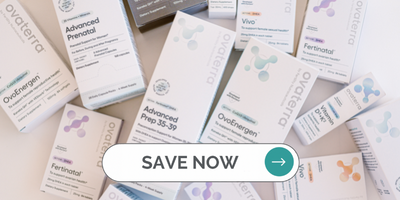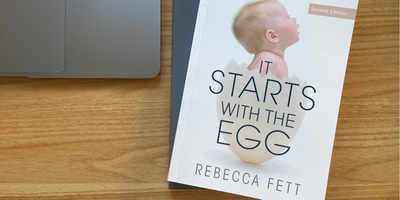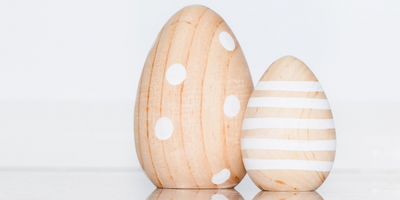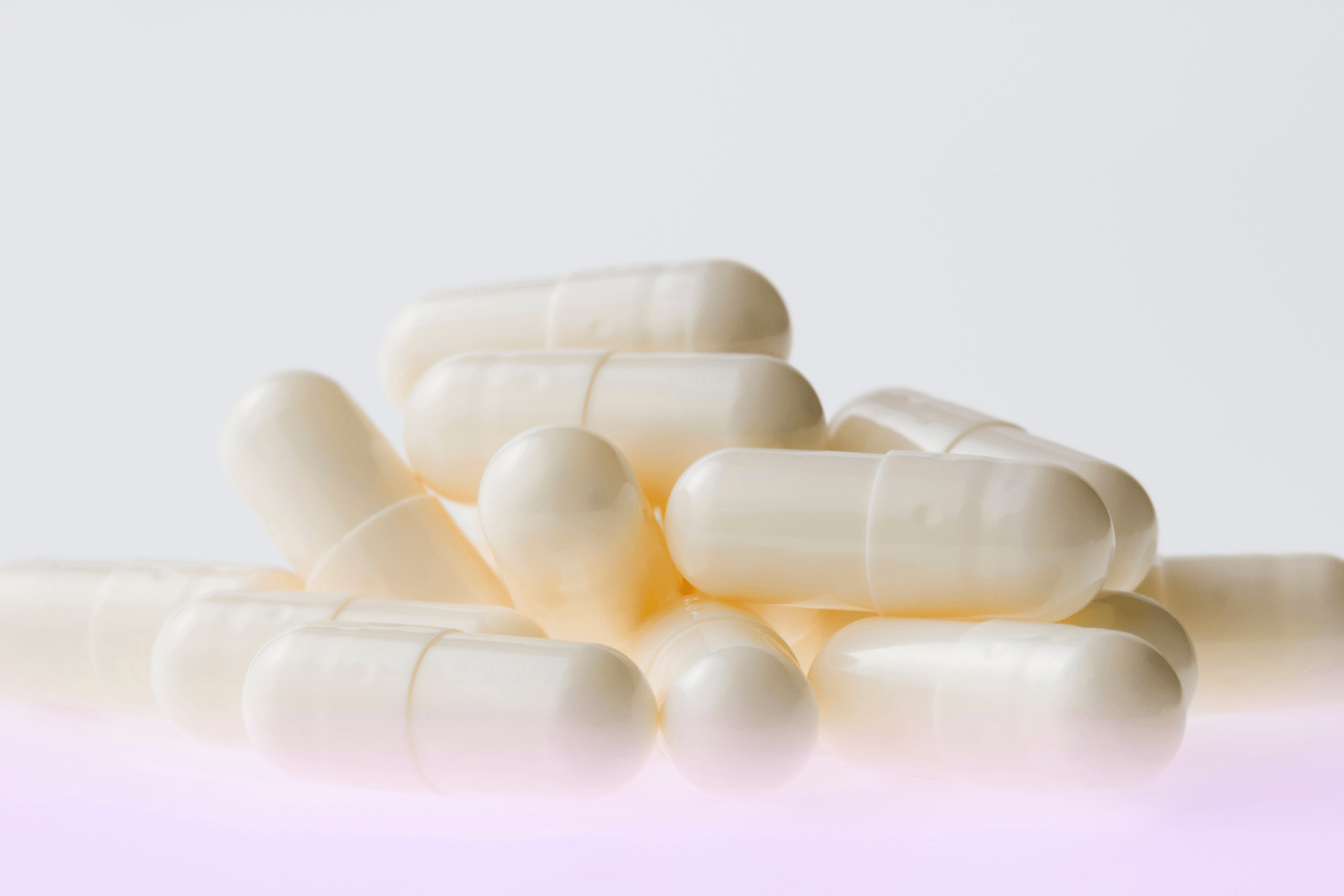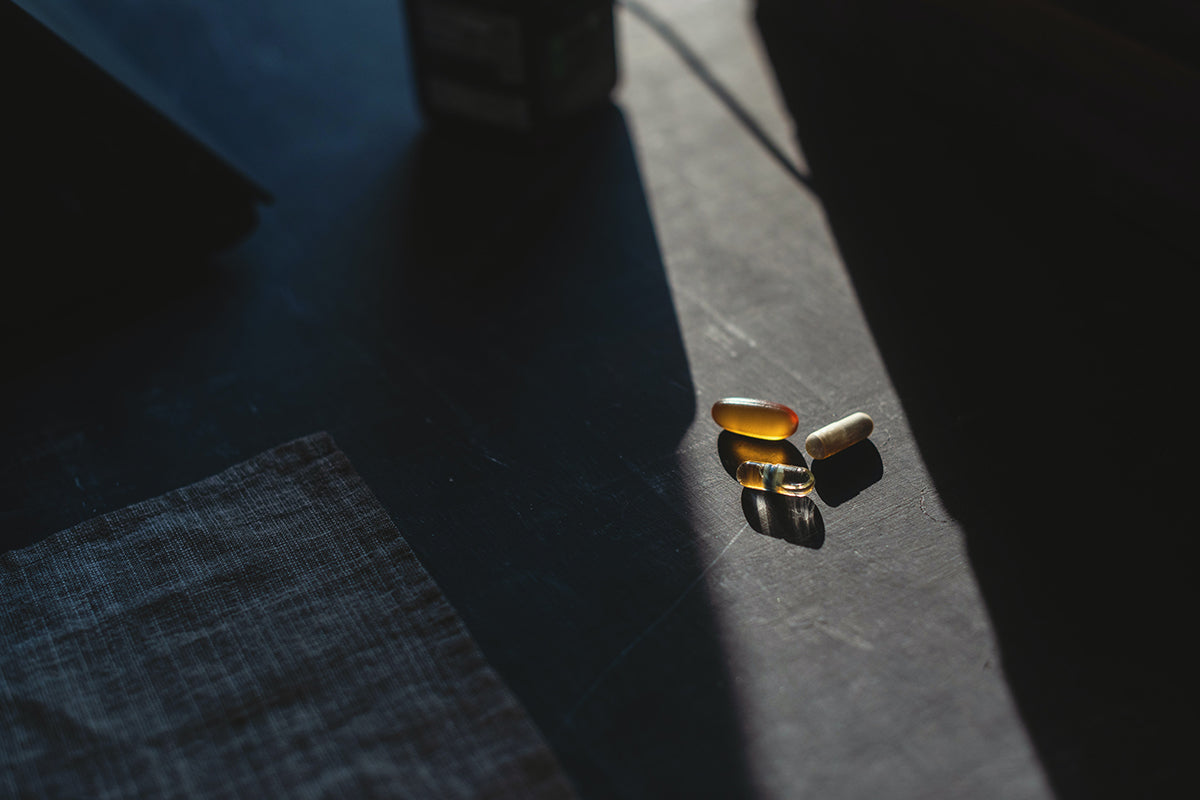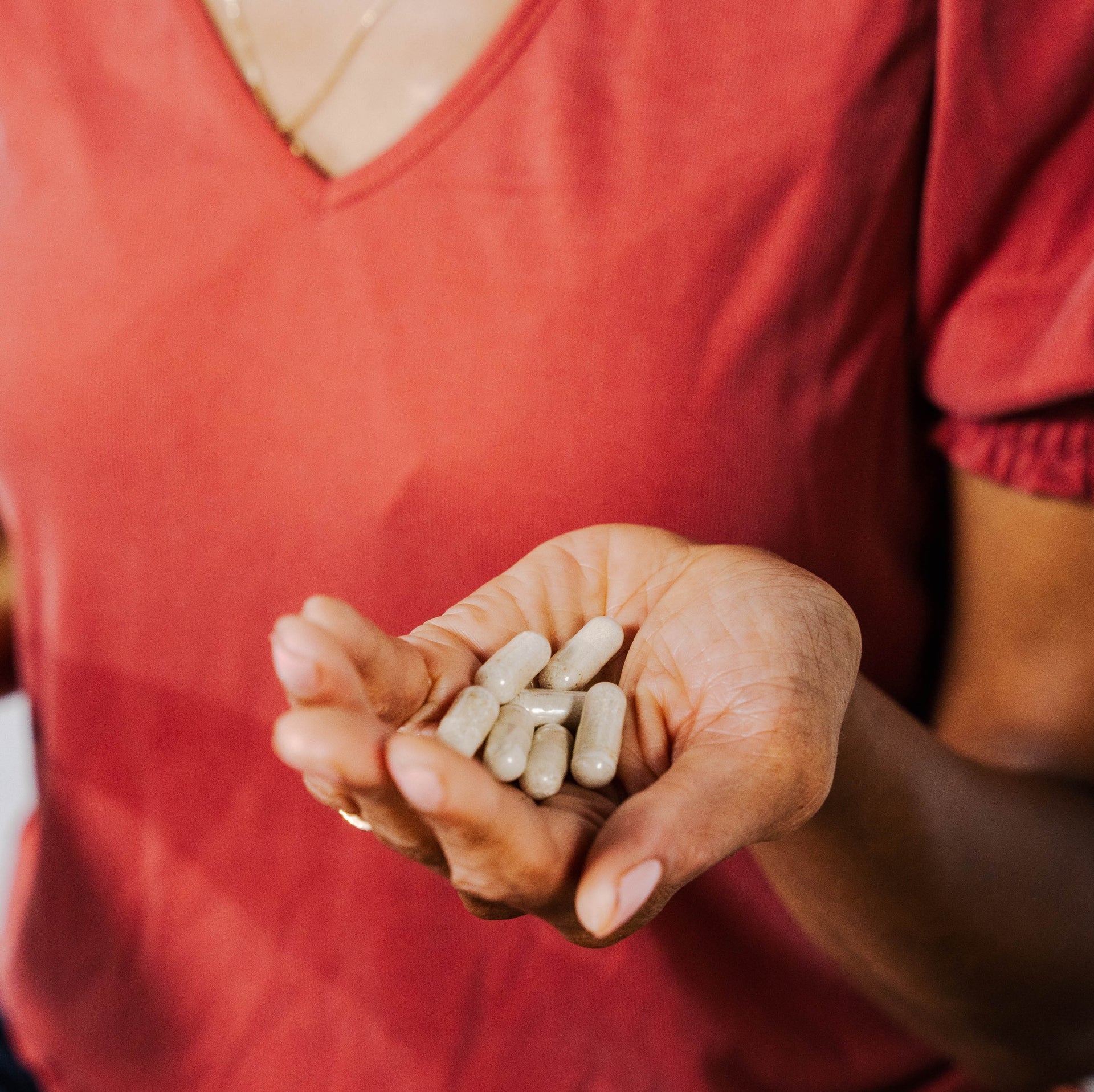If you are trying for a baby now or working toward egg freezing, you may have wondered about DHEA. Some women take DHEA supplements to support ovarian health – but how much DHEA do you need for your reproductive health? And how do you know the amount is right for you? Here’s what reproductive health doctors recommend.
What is DHEA?
First, what is DHEA? DHEA, short for dehydroepiandrosterone, is a weak male hormone. Although it’s classified as a male hormone, both men and women naturally produce it in our bodies, and it has important physiological functions in women’s bodies as well. Along with DHEA sulfate (DHEA-S, its more stable storage form), DHEA is one of the most abundant hormones in humans.
DHEA is an important intermediate step in the process of steroidogenesis. In this complex, stepwise process, various tissues in our bodies use cholesterol to make a number of steroid hormones. DHEA synthesis happens primarily in the adrenal glands, but – interestingly – women produce some of their DHEA in the ovaries. Eventually, DHEA is converted into estrogens and testosterone as needed.
DHEA is also available as a supplement in the United States. In much of the rest of the world, it’s regulated as a hormonal medication and needs a prescription to purchase.
DHEA supplementation for female reproductive health
As women age, our DHEA and testosterone levels decline naturally, in parallel with the age-related decline in fertility rates. That fertility decline becomes noticeable at around age 35, but accelerates once women enter their 40s.
Around 2004, several reproductive health specialists started testing DHEA to support ovarian health. Since then, more and more doctors have recommended DHEA to some groups of women who are trying to conceive.
Although study designs differ and results are mixed, some clinical trials and observational studies have suggested that DHEA may support women’s reproductive health by supporting the health of their ovaries. Ovarian health is key to women’s reproductive success – as that’s where eggs develop and get ready for ovulation.
How much DHEA is used for ovarian health?
How much DHEA do you need to support your ovarian health? The answer can vary depending on your age and other individual circumstances, and your best course of action is to figure this out with your doctor. That said, there are some general guidelines.
Most of the clinical studies on DHEA and ovarian health have used the 75 mg/day dose. Typically, study participants took three 25 mg pills per day, with meals. This is still the general recommendation at the Center for Human Reproduction (CHR), where many of the original studies were conducted.
What about 25 mg/day of DHEA?
Another common DHEA dose is 25 mg per day. For some women 35 and up, this lower dose can be the right starting place – but again, we recommend working with your doctor when it comes to DHEA.
How to know if you are getting the right DHEA amount
Many women don’t feel any different when taking a DHEA supplement. And how you feel isn’t necessarily a reflection of your ovarian health, either. Then, how do you know if you are getting enough DHEA to support your ovarian health – and also importantly, not too much?
The most surefire way is to monitor a few hormone levels through blood tests. At CHR, doctors take a baseline hormone levels before women start taking DHEA, then follow up with periodic blood tests. Some of these blood tests are commonly done as a part of routine fertility tests.
- DHEA-S: DHEA-S (DHEA sulfate) is the form of DHEA that circulates in the body. This is a better way to gauge your DHEA levels than testing DHEA itself. If your DHEA-S levels remain low when taking a DHEA supplement, that can be a sign that the supplement contain less DHEA than its label claims.
- Testosterone (free and total): DHEA is converted partially to testosterone. Doctors at CHR aims for testosterone levels in the upper 1/3 of the normal range.
- Sex hormone binding globulin: SHBG, a protein, controls how much testosterone the tissues in the body, including the ovaries, can access and use.
- Anti-Mullerian Hormone: AMH levels are an important indicator of ovarian reserve, your ovaries’ ability to produce good-quality eggs.
Testosterone levels can react more or less to the extra DHEA from supplements, some of which may be genetic. Based on the changes in your testosterone levels, your doctor may adjust your DHEA dose. The key with DHEA for ovarian health is to work closely with your doctor.
Who should not take DHEA to support reproductive health?
Though weak and usually considered safe within recommended doses, DHEA is a hormone. Although it’s available without a prescription in the US, we strongly recommend everyone to discuss with your doctor first to see if DHEA is right for you.
Your initial blood tests may reveal that you already have the normal DHEA levels for your age and other indicators of ovarian health are also good; in that case, more DHEA likely is not going to be better.
It’s important to point out that DHEA is not recommended for some women:
- Since DHEA is a hormone, women who have a history of hormonal cancers, including ovarian, breast or uterine cancer, should not take DHEA supplements. Women who have a family history of these cancers, or are otherwise at risk of them also should not take DHEA supplements.
- DHEA raises estrogen levels, and estrogen can worsen endometriosis. Women who have endometriosis should consult their doctor before starting a DHEA supplement.
- DHEA raises testosterone levels. Women with polycystic ovary syndrome (PCOS) who have abnormally high testosterone levels should consult their doctor before starting a DHEA supplement.
There are other situations where DHEA may not be a right fit for your reproductive goal. Please reach out if you have any questions about DHEA and ovarian health. We are with you.

